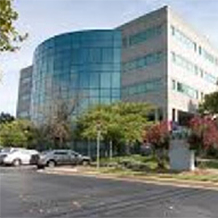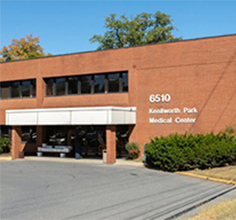
Medical terminologies are perplexing as they are without the abbreviations. Abridge that jargon and you have an alphabet soup of confusing medical terms. To be fair, these abbreviations are vital for physicians and healthcare practitioners who have no time to waste. Not to worry, though, these are things you can learn too. In this brief article brought to you by Southern Maryland Medical Group, we look at two common abbreviations: ECG and EKG. What you will learn may surprise you!
Let’s get straight to it. ECG stands for "electrocardiogram" and EKG stands for "elektrokardiogramm." As you probably notice – they are the same thing! The only difference is the language. ECG comes from the English spelling of the same German word!
So, what is an electrocardiogram, and why do medical professionals opt for the EKG abbreviation instead of saying ECG? We can explain.
If you ask a medical professional for the abbreviation of an electrocardiogram, they will likely say EKG rather than ECG. Why? Well, as it turns out, there is another diagnostic procedure with the abbreviation EEG. EEG stands for electroencephalogram, and EEG sounds awfully similar to ECG.
To avoid confusion, medical professionals reserve EEG for the brain scan, or electroencephalogram, and they use the German abbreviation, EKG, to refer to the heart scan, or electrocardiogram.
An electrocardiogram is among the most commonly used medical diagnostic services. In fact, these are so valuable that some smartwatches even integrate EKG technology so that you can track your heart!
An electrocardiogram, or EKG, is a diagnostic service that records the electrical signals produced by your heart. EKGs are a non-invasive test that allow medical professionals to see what’s going on in your heart without having to undergo surgery.
You can break down this word into three parts: Electro, Cardi, Ogram. You’re probably familiar with electro, referring to electrical or electricity. Cardi means heart, and ogram indicates a form or process of writing. An electrocardiogram is a graph of your heart’s electrical activity!
During an EKG, the medical or healthcare professional will place small electrodes on the patient's chest, arms, or legs. These electrodes are meant to detect the electrical signals generated by the heart and transmit them to the EKG machine. The machine then converts these signals into a visual representation called an electrocardiogram, or a graph of the electrical activity generated by the heart.
By analyzing the patterns, durations, and intervals of these waves, healthcare providers can assess the heart's functioning and identify any abnormalities. EKG or ECG treatment is used to diagnose heart conditions like coronary artery disease, arrhythmias, heart attacks, myocarditis, and so forth.
If you are experiencing heart pain, issues, or concerns, then visit your primary care physician as soon as possible. The primary care doctors at Southern Maryland Medical Group can assess your situation and determine the appropriate diagnostic approach, including the use of an EKG if necessary.
Southern Maryland Medical Group has 3 convenient locations to provide professional medical care services in the Southern Maryland area. Call or schedule an appointment with one of our locations to get medical care help.

5801 Allentown Road, Suite 400 Camp Spring, MD 20746
Phone: 301-868- 0150
Billing Inquiries: 301-552-1270
Fax: 301-868-0243

7500 Greenway Center, Dr #1200 Greenbelt, MD 20770
Phone: 301-486-7580
Billing Inquiries: 301-552-1270
Fax: 301-486-7581

6510 Kenilworth Ave, Ste 1400, Riverdale MD 20737
Phone: 301-618-0771
Billing Inquiries: 301-552-1270
Fax: 301-618-0772